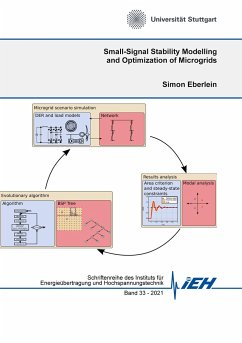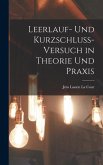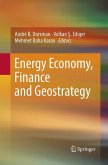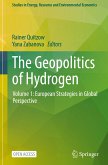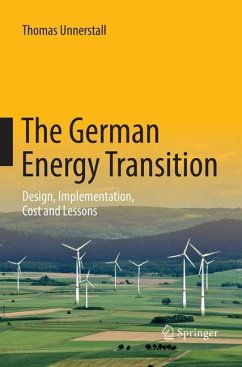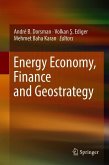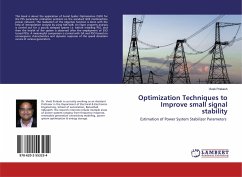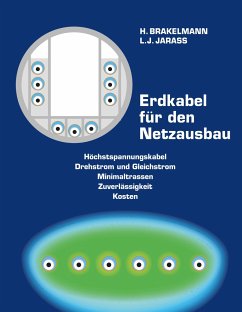The stability of power systems and microgrids is compromised by the increasing penetration with power electronic devices, such as wind turbines, photovoltaics and batteries. A simulation and optimization environment for such low-inertia systems is created. It is investigated how accurate the models need to be to capture the prevailing modes. An evolutionary algorithm tailored to optimization problems with computationally intensive fitness evaluation is proposed in order to optimized the controller parameters of grid-forming and grid-supporting distributed generators. It becomes apparent that microgrids dominated by grid-forming inverters are very stable systems when well-designed and optimized controllers are used. Model simplifications, such as the neglect of inner control loops of inverters, must be examined carefully, as they can lead to an inaccurate stability assessment.
Hinweis: Dieser Artikel kann nur an eine deutsche Lieferadresse ausgeliefert werden.
Hinweis: Dieser Artikel kann nur an eine deutsche Lieferadresse ausgeliefert werden.

